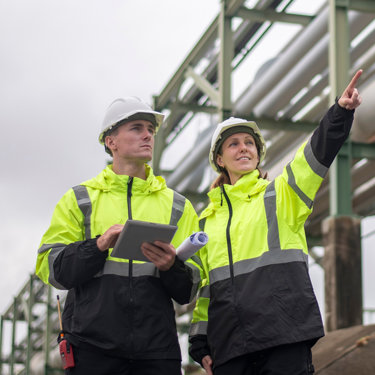
Environmental management for road sector
We help road transport and logistics operators maintain your ageing assets, install new fuel infrastructure, and manage your environment so that you can ensure compliance with environmental regulations, reduce downtime, and achieve your sustainability ambitions.
Tackling key challenges in the road sector
Transport Decarbonisation Plan
Transport produced 27% of the UK’s total emissions in 2019, of which 65% (6 MtCO2e) came from road transport. Fuelled by the government’s transport decarbonisation plan, the industry is committed to reaching Net-Zero by 2050.
Sales of new petrol and diesel cars and vans end in 2030 and new HGVs must be zero emission at the tailpipe from 2035. Road transport and logistics organisations are currently at a crossroads, deciding whether to move to HVO or electric and hydrogen fuelling.
You are looking to your supply chain to deliver sustainability to help you achieve your Net-Zero targets and align to the Government’s Transport Decarbonisation Plan as well as demonstrating innovation with their solutions.
Maintaining ageing assets
Fuel infrastructure and critical assets such as tanks, separators, and drainage, like many sectors, is ageing and requires specialist maintenance regimes to ensure compliance while managing budget constraints.
Cost of fuel
The cost of fuel has a huge impact on transport and logistics organisations. It is up to you how much of this cost you pass on to your customers. Maintaining containment tanks to ensure they don’t inadvertently contaminate your fuel or leak causing an environmental incident, polishing contaminated fuel so it doesn’t cause damage to your fleet, and ensuring they are secure to reduce the risk from theft will protect your valuable asset.
Who we work with
- Bus and coach companies
- Freight logistics companies
Related services
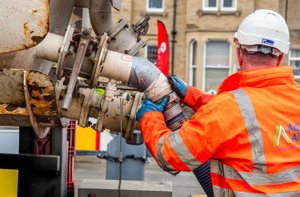
Planned preventive maintenance
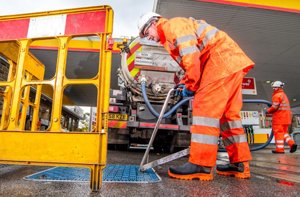
Separator inspection and maintenance

Storage tank inspection and testing
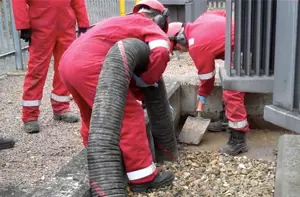
Bund inspection and maintenance
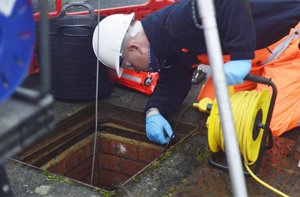
Drains and sewers
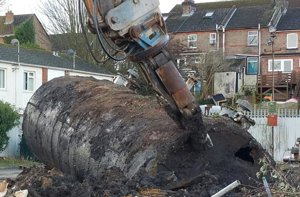
Decommissioning
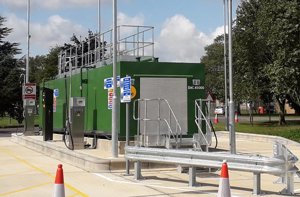
Fuel infrastructure
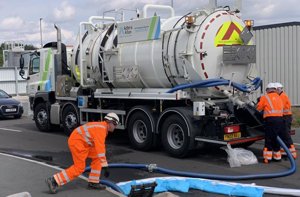
Emergency response

Fuel management

Ecology
Key contacts

Matt Tolan
Contact a sector specialist
If you'd like to get in touch with a sector specialist, please leave your details and a member of the team will be in touch.
Environmental compliance today, creating a sustainable tomorrow
Helping you reduce risk to the environment and your operation by managing assets compliantly while achieving commercial, ESG, and net-zero goals.
Contact our experts